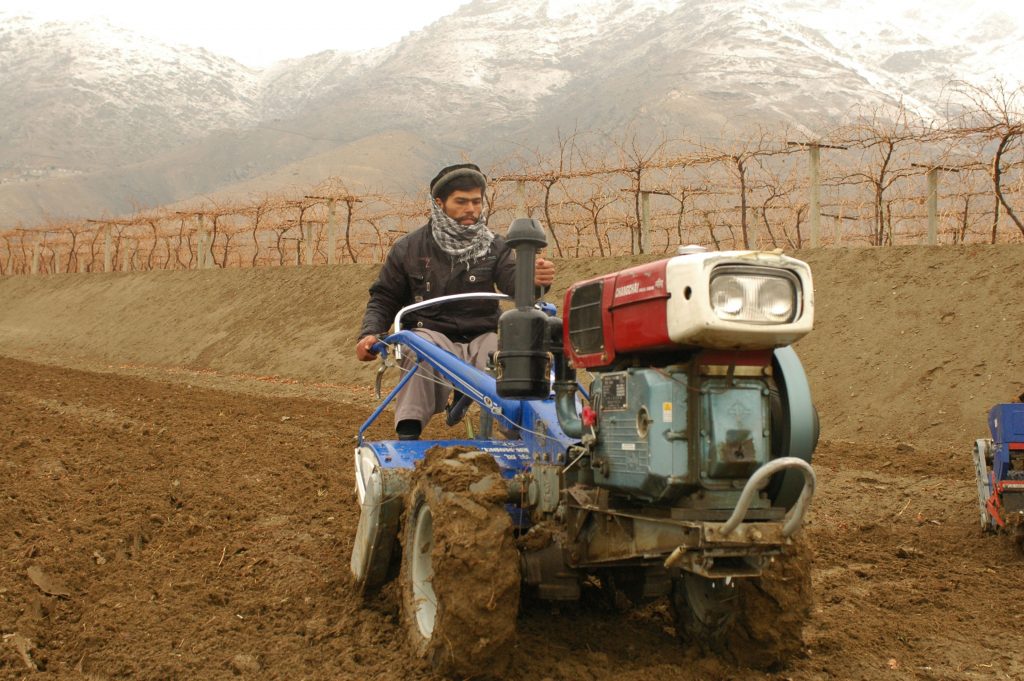People suffering from extreme poverty in Asia and the Pacific predominantly live in rural areas and are engaged in agricultural activities. In this backdrop, the impact of the COVID-19 pandemic on the agricultural sector has brought unprecedented challenges. The pandemic threatens to not only stagnate progress towards the Sustainable Development Goals including Goal 1 (No Poverty) and Goal 2 (Zero Hunger), but indeed has the potential to reverse the gains made in recent years, thus jeopardizing the global community’s shared promise to ‘leave no one behind’.
There is a pressing need to better assess the unfolding impact of the pandemic on agriculture in the Asia-Pacific region – with particular reference to resource-poor smallholder farmers who are amongst ‘those furthest behind’ – and to identify measures to mitigate its negative impacts keeping in view the intricate linkages of the sector with food and nutrition security, livelihoods, and social and environmental sustainability.
Sustainable agricultural mechanization can play a key role in enabling recovery and building long-term resilience of the farming community. Mechanization can improve input use efficiency, productivity and incomes in agriculture, benefiting both food security and livelihoods, while empowering farmers to better cope with future shocks. Hence an analysis of the impact of Covid-19 on the agricultural sector and assessment of measures to address it must accord due attention to the role of sustainable agricultural mechanization and how it can help to ‘build back better’.
Areas for discussion:
- How has the Covid-19 pandemic impacted the agricultural sector in Asia and the Pacific?
- How can we build long-term resilience to future crisis through sustainable mechanization?
